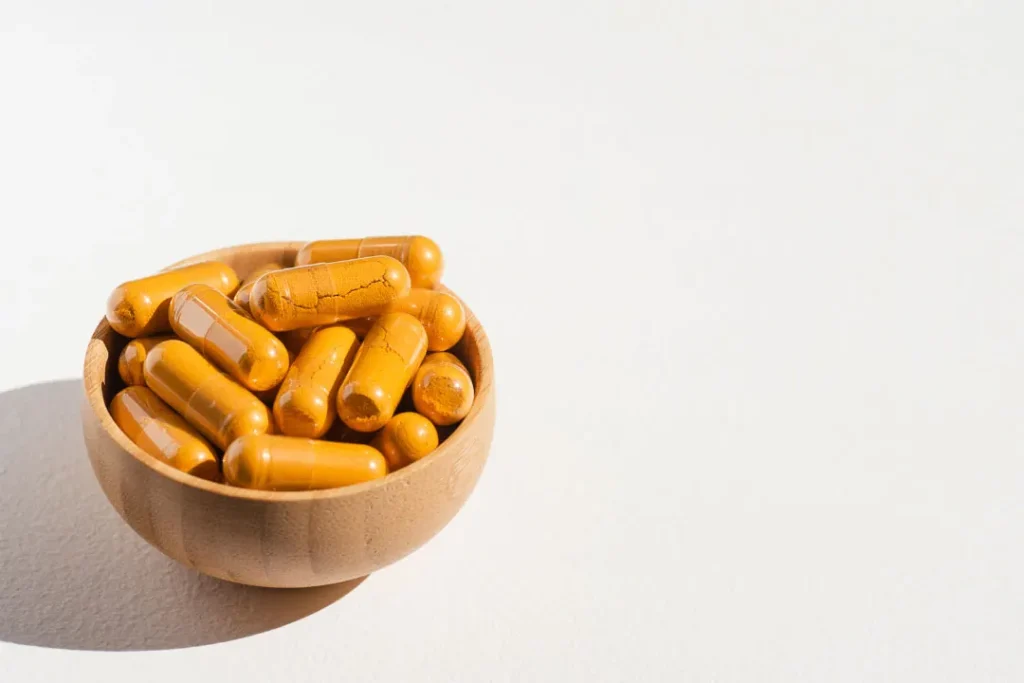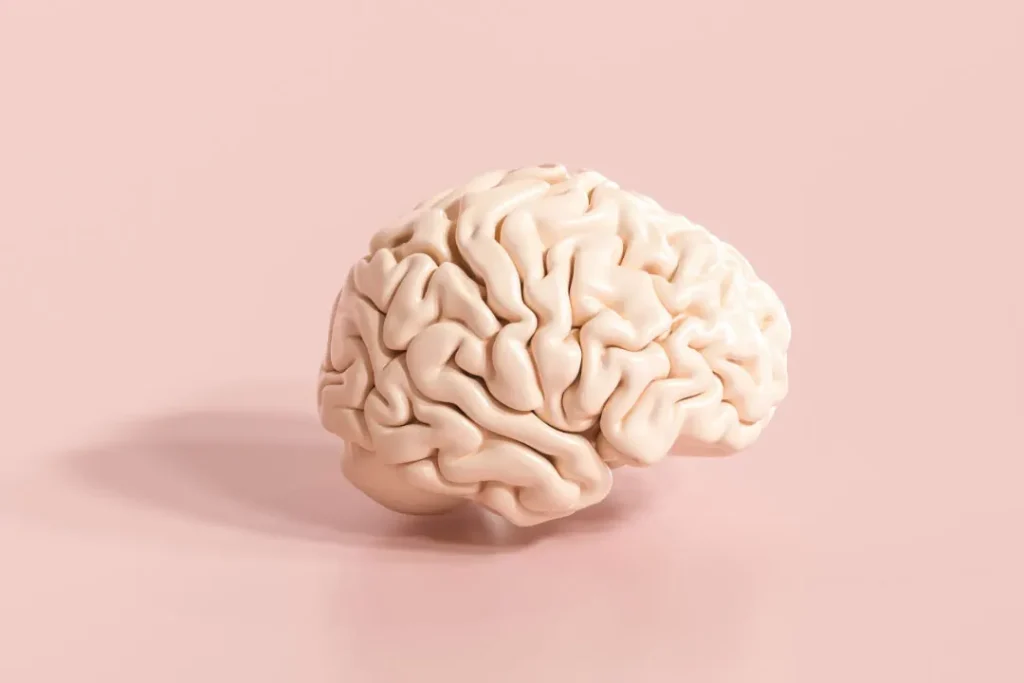Many civilizations have used croton seeds from the croton tiglium plant in traditional medicine for generations. The tiny seeds have a powerful chemical makeup, which adds to their medicinal potential. This article will examine croton seeds, their nature, health advantages, recommended dose, side effects, possible drug interactions, and safe usage. We will also investigate the chemistry of croton seeds and the physiological processes by which they affect the body and the brain.
You May Also Like:
Nootropic Coffee: Innovator Turns Coffee Into A Powerful Brain Booster
Yerba Mate is an Elixir. It Delivers on These 9 Incredible Health Benefits
Nature of Croton Seeds:
The croton tiglium plant, a member of the euphorbiaceae family, is where croton seeds are found. These tiny, brown seeds have a tough shell. They include a variety of bioactive substances that contribute to their pharmacological effects, including diterpenes, alkaloids, flavonoids, and fatty acids.
Health Benefits of Croton Seeds:
- Laxative and Purgative Effects: Croton oil, a substance found in croton seeds, has potent laxative and purgative properties. Constipation is relieved and bowel motions are encouraged by the stimulation of the intestines.
- Antimicrobial Activity: Research has revealed that croton seeds are antimicrobial, especially to specific bacterial strains. They develop into new antibacterial agents because of these qualities.
- Anti-inflammatory Effects: The constituents in the croton seeds exhibit anti-inflammatory properties, which can help treat inflammatory diseases like arthritis. To fully understand their potential in this area, more investigation is required.

Chemistry of Croton Seeds
The majority of the chemical components of croton seeds are bioactive chemicals with numerous chemical configurations. These consist of alkaloids, flavonoids, terpenoids, and phorbol esters. Due to their robust biological processes, phorbol esters are of special interest among them. But the poisonous properties of the seeds are also a result of the same phorbol esters.
The phorbol ester 12-O-Tetradecanoylphorbol-13-acetate (TPA) is one of the strongest compounds found in croton seeds. These substances are unique because they imitate diacylglycerol (DAG), a naturally occurring secondary messenger in cells. Phorbol esters can disrupt many cellular functions by mimicking DAG, many of which are involved in their therapeutic and harmful actions.
The chemistry of the croton seed also contains terpenoids and flavonoids, which are well known for their antioxidant and anti-inflammatory properties. Quercetin and kaempferol, two flavonoids found in croton seeds, have strong antioxidative characteristics that lower oxidative stress and inflammation.
Physiological Properties of Croton Seeds
The distinct chemical composition of croton seeds is primarily responsible for their physiological properties. Phorbol esters can bind to and activate Protein Kinase C (PKC), a family of enzymes involved in regulating the activity of other proteins, because of their ability to imitate DAG. Once target proteins are phosphorylated by an activated PKC, numerous biological processes, such as cell differentiation, proliferation, and death, are impacted.
The purgative effect of croton seeds attributes to the interaction between phorbol esters and PKC. They can promote bowel motions by causing smooth muscle spasms in the gut, functioning as a strong laxative. Traditional medical systems have made extensive use of this feature to cure constipation.
The flavonoid and terpenoid content of croton seeds gives them their anti-inflammatory and analgesic effects. Inflammation is reduced by these substances because they prevent the release of TNF-alpha and IL-6, two pro-inflammatory mediators.
Additionally, the flavonoids in croton seeds can have bronchodilatory effects by preventing the contraction of the smooth muscles that line the airways, which could alleviate respiratory disorders like bronchitis and asthma.

Optimal Dosage of Croton Seeds:
To prevent any potential side effects, it is essential to determine the ideal dosage of croton seeds. It is crucial to stress that, owing to their strength and potential hazards, croton seeds should not be used for self-medication. To ensure safe use, it is important that you speak with your medical expert who is knowledgeable in herbal remedies.
Side Effects of Croton Seeds:
Croton seeds should be utilized carefully since they can have negative consequences if handled incorrectly. Extreme gastrointestinal problems, dehydration, electrolyte imbalances, and even toxic side effects can result from excessive ingestion or usage. Abdominal discomfort, nausea, vomiting, and diarrhea are possible symptoms. Long-term use can cause gut lining damage and dependency. It is essential to follow suggested dosages and to consult your doctor if any of these side effects occur.

Potential Substance Interactions:
Certain substances, including prescription drugs and other herbal supplements, can interact with croton seeds. They can impair the absorption and efficiency of orally taken drugs due to their possible purgative effects. Additionally, if you use antiplatelet, anticoagulant, or medicine for diabetes or hypertension, you should use caution since croton seeds can interact with these treatments. Before using croton seeds alongside any other drugs or dietary supplements, it is imperative to speak with your medical practitioner.

Physiological Properties of Croton Seeds:
Croton seeds can impact the body and brain, but the precise physiological processes by which they do so are still poorly known. However, studies indicate that the active substances in croton seeds interact with many molecular targets to affect biological functions. For instance, croton oil, a crucial component of croton seeds, stimulates the release of prostaglandins. The croton oil can encourage intestinal motility and quicken bowel motions.

Best Responsible Use
The bioactive substances found in croton seeds contribute to their potential medicinal benefits. However, handling them carefully is essential, and you should seek your medical expert’s advice before using croton seeds. To reduce the dangers associated with croton seed intake, responsible usage, attention to dose recommendations, and evaluation of potential interactions with other drugs are required. A controlled, evidence-based study is required to investigate the underlying properties of croton seeds, and confirm their therapeutic potential.
Croton Seeds: Conclusion
Although little research has been done on the benefits and side effects of croton seeds, it has been proven to be beneficial to our health based on research that has been done on traditional early medicine. Croton seeds may be tiny, but they are extremely powerful according to their usage in early human civilizations. Not only are the seeds themselves powerful, but the oil in which they secrete is also very beneficial.
If you are looking for a natural supplement that can aid in respiratory disorders like asthma or bronchitis, talk to your doctor about using croton seeds. Croton seeds can also be beneficial to your gastrointestinal and bowel movement health. Croton seeeds have historically been proven to be tiny, but powerful wonders.
References:
- The Chemistry and Biological Activities of Natural Products from Northern African Plant Families: From Taccaceae to Zygophyllaceae. Retrieved From: https://www.frontiersin.org/articles/10.3389/fphar.2020.00118/full
- Terpenoids as Therapeutic Drugs and Pharmaceutical Agents. Retrieved From: https://www.eurekaselect.com/59440/article
- Alcmaeon of Croton, a physiologist of the pre-Socratic period who viewed the brain as the common sensorium, was one of the earliest theorists of sensation and perception.Retrieved From:https://www.sciencedirect.com/topics/pharmacology-toxicology-and-pharmaceutical-science/croton
Important Note: The information contained in this article is for general informational purposes only, and should not be construed as health or medical advice, nor is it intended to diagnose, prevent, treat, or cure any disease or health condition. Before embarking on any diet, fitness regimen, or program of nutritional supplementation, it is advisable to consult your healthcare professional in order to determine its safety and probable efficacy in terms of your individual state of health.
Regarding Nutritional Supplements Or Other Non-Prescription Health Products: If any nutritional supplements or other non-prescription health products are mentioned in the foregoing article, any claims or statements made about them have not been evaluated by the U.S. Food and Drug Administration, and such nutritional supplements or other health products are not intended to diagnose, treat, cure, or prevent any disease.


